
Henry Alley
Statement
Teaching Philosophy
The Latin word from which "education" comes, "educere," literally means "to lead out of." This process happens during student discussions. Members of the class discover what they know and understand by articulating their thoughts. The professor's job is to provide, through lecture and questions, the leading.
Opportunities for Students
I am a Writing Specialist and can help students with their essays.
Academic Background
Ph.D., Prose Fiction, Cornell University, 1971
M.F.A., Creative Writing, Cornell University, 1969
B.A., English (with honors), Stanford University, 1967
Professor Alley began his teaching career as a professor and director of composition at the School of the Ozarks (1972–75), served as an associate professor of English at the University of Idaho (1975-82), and joined the Clark Honors College in 1982 as a professor of literature. Alley served as Acting Director of the honors college from 1989-90 and again in 1992. His ongoing contributions, both academic and administrative, to the University of Oregon include introducing new courses into the honors college curriculum: Three Great Novels, The Comedy of Jane Austen, and Literature By and About Gay Men; sitting on the University Senate and the Undergraduate Council, which oversees the development of undergraduate curriculum at the university; and participating in the Committee on Gay, Lesbian and Bisexual Concerns, which he chaired from 1995-6.
Research Interests
Professor Alley is a George Eliot and contemporary American fiction scholar, and is a writer of novels and stories. His book, The Quest for Anonymity: The Novels of George Eliot, is a study of the major heroic themes of the nineteenth century author, and has received favorable critical reaction from scholars in the field. In recognition of his book, Professor Alley was invited to present the George Eliot Memorial Lecture in Coventry, England in 1998.
After coming out in 1985, Alley slowly brought more and more gay themes into his work, which may be described as literary fiction and which emphasize character and landscape. He is especially interested in people who are just getting on their feet, as well as the way a particular point of view may impinge on the outside world and alter its perceived textures. His story "Leonardo and I" bears both of these interests out, showing a young man breaking free of Freudian psychoanalysis in 1962 and affirming his true gay heritage found in the Renaissance artist Leonardo da Vinci. His novel Precincts of Light dramatizes, in a story of five voices, a brother and sister, both newly out, recovering the lost affections of their children during Oregon’s anti-gay Measure Nine crisis. The novel also celebrates Gay/Lesbian Liberation in richly poetic language. His recent novel, Galen's Legacy, explores the need for gay mentorship as well as the general need for acceptance from friends and family. His new novel, At Large, dramatizes the fight against authoritarianism in 1968 and 2001 in two different parts of America.
Presently, Alley is teaching in the Osher Lifelong Learning Institute at the University of Oregon.
Publications
In addition to these selected works, Professor Alley has published over sixty stories in such journals as Seattle Review, Cimarron Review, Oxford Magazine, Harrington Gay Men's Quarterly Fiction, Webster Review, Outerbridge, and Virginia Quarterly Review. He has published articles of literary criticism in such journals as Kenyon Review, Papers on Language and Literature, Studies in the Novel, Twentieth Century Literature, and The George Eliot Fellowship Review. For a complete publication list see Professor Alley's Curriculum Vitae.
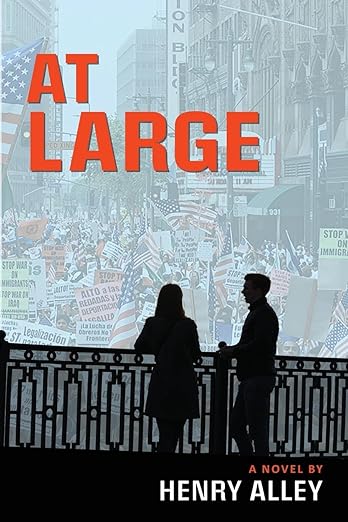
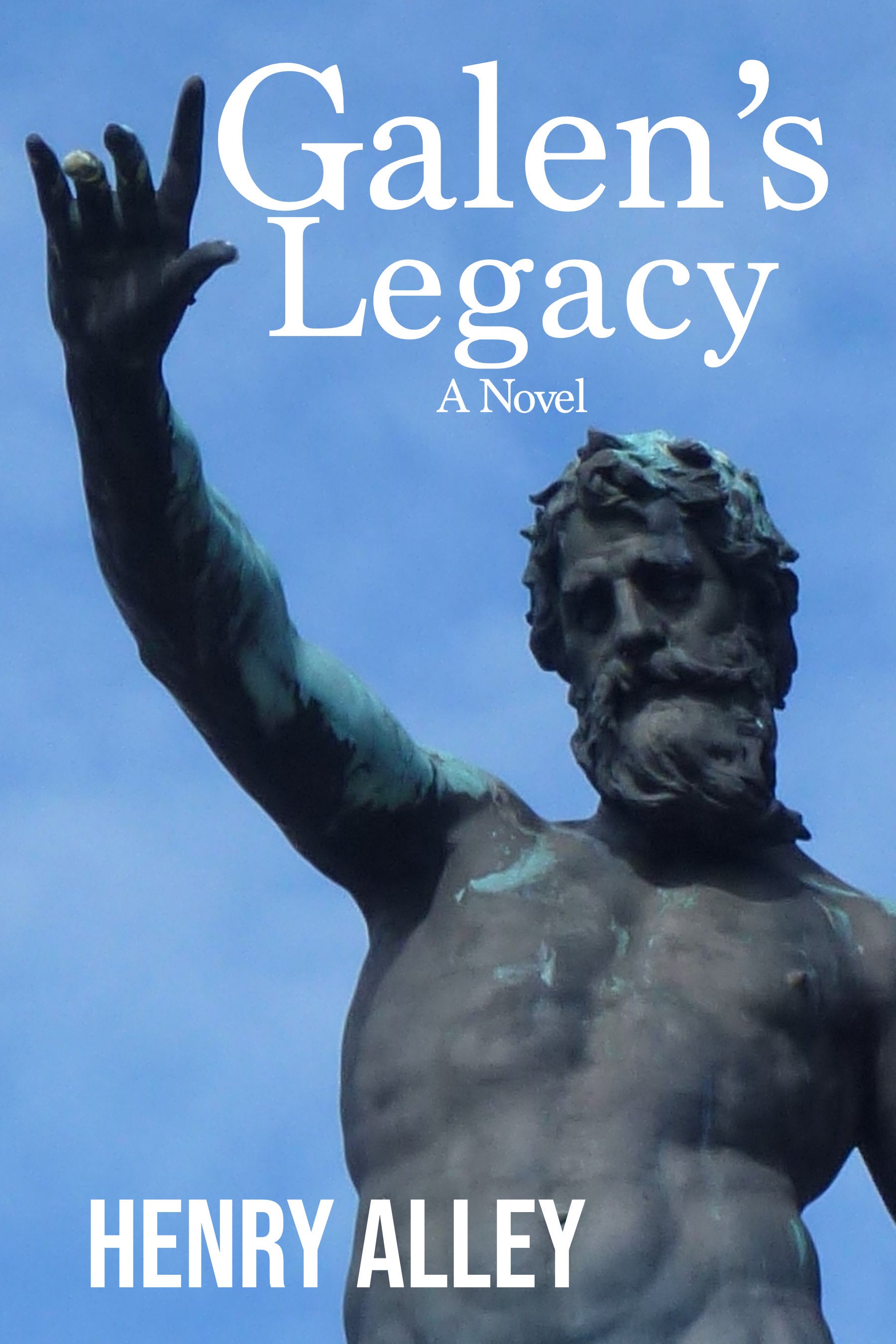
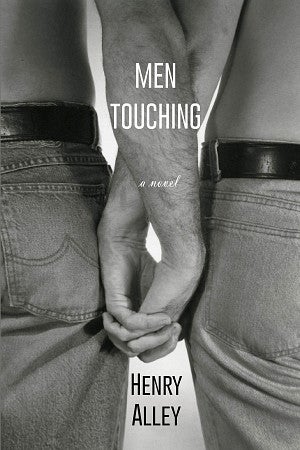
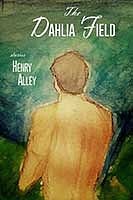
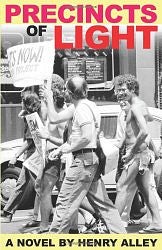
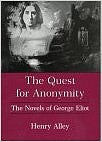
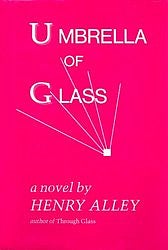
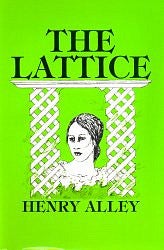
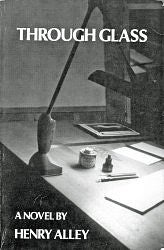
Books
- 2025, At Large. (Luminare Press).
- 2022, Galen's Legacy (Rattling Good Yarns Press).
- 2019, Men Touching (Chelsea Station Editions).
- 2017, The Dahlia Field (Chelsea Station Editions).
- 2010, Precincts of Light (Inkwater Press).
- 1997, The Quest for Anonymity: The Novels of George Eliot (University of Delaware Press).
- 1988, Umbrella of Glass (Breitenbush Books).
- 1986, The Lattice (Ariadne Press).
- 1979, Through Glass (Iris Press).
Chapbooks
- 2006, Leonardo and I (Gertrude Press).
- 1980, Haemon (Gusto Press).
- 1979, The York Handbook for the Teaching of College Creative Writing (York Press).
Honors and Awards
- 2023: Winner, Ben Nyberg Short Story Contest. Story Nominated for the O'Henry, Pushcart Prizes
- 2017: Millhouse Residency, from Writing by Writers, Best Gay Stories, 2017
- 2015: First Prize, Gertrude Press Short Story Contest
- 2006: Winner, Gertrude Press Fiction Chapbook Competition
- 2000: Commitment to Community Award: Lesbian, Gay, Bisexual, and Transgender Educational Support Services Program
- 2000: University of Oregon Summer Research Award
- 1994: University of Oregon Faculty Achievement Award for Distinguished Teaching
- 1991: University of Oregon Summer Research Award
- 1990: Stewart Fund Endowment Award
- 1983: University of Oregon Summer Research Award
Grants
- 1992: NEH/Center for Asian and Pacific Studies, Summer Project on the Integration of Asian Materials into Humanities Curriculum
- 1992: Center for the Study of Women in Society Grant
- 1985: Summer Grant, Oregon Committee for the Humanities
- 1981: General Research Grant, University of Idaho
- 1977: Research Council Grant, University of Idaho
- 1975: NEH Summer Seminar, Ohio State University
- 1971: Cornell Senior Graduate Fellowship
